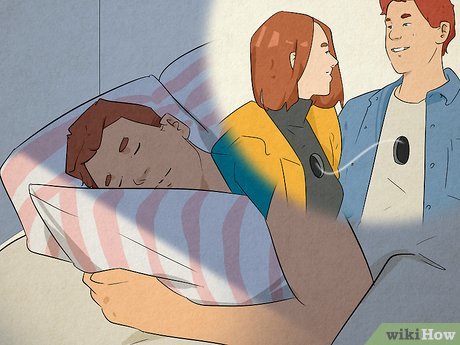They’re Coming To Take Me Away

In a world where reality often blurs with fiction, paranoia can grip the mind like a vice, distorting perceptions and shrouding individuals in fear. The notion of being pursued, monitored, or even hunted is a common theme in literature, cinema, and our collective imagination. But what happens when this fear transcends the realm of fiction and becomes a haunting reality for some?
Imagine a scenario where every shadow holds a lurking threat, where every passing stranger is a potential informant, and where every innocent action is perceived as a sinister plot. This is the world of paranoia—a world that many individuals find themselves trapped in, struggling to distinguish between what is real and what is merely a creation of their troubled minds.
Table of Contents
ToggleEncapsulates
The phrase “They’re coming to take me away” encapsulates the essence of this paranoia, echoing the deep-rooted fear of persecution and intrusion. But who are “they,” and why are they coming? For those afflicted by paranoia, the identity of these elusive persecutors may vary—government agencies, secret organizations, aliens, or even imaginary entities conjured by a mind besieged by fear.
One of the most intriguing aspects of paranoia is its ability to manifest in a myriad of forms, ranging from mild suspicion to full-blown delusions. For some, it may start as a nagging feeling of unease, a sense of being watched or followed. Gradually, this feeling intensifies, feeding on itself until it consumes every aspect of daily life.
In extreme cases, paranoia can lead individuals to take drastic measures to protect themselves from perceived threats. They may become reclusive, avoiding social interactions and isolating themselves from the outside world. Others may resort to elaborate rituals or behaviors aimed at thwarting imagined dangers, such as constantly checking locks or searching for hidden surveillance devices.
Speculation
The internet age has provided fertile ground for the proliferation of paranoia, with conspiracy theories and misinformation spreading like wildfire across social media platforms. What begins as a harmless speculation can quickly spiral into an all-encompassing belief system, reinforcing existing fears and amplifying feelings of distrust towards others.
However, it is crucial to recognize that paranoia is not merely a product of an overactive imagination—it is often a symptom of underlying mental health issues such as schizophrenia, bipolar disorder, or severe anxiety. Treating paranoia requires a holistic approach, including therapy, medication, and support from loved ones.
Society as a whole bears a responsibility to foster an environment of understanding and compassion for those struggling with paranoia. Stigmatizing individuals with mental health conditions only serves to further isolate them, exacerbating their feelings of fear and alienation.
Conclusion
The phrase “They’re coming to take me away” serves as a poignant reminder of the fragility of the human mind and the profound impact of fear on our perceptions of reality. By shedding light on the plight of those afflicted by paranoia, we can work towards a more empathetic and inclusive society—one where individuals feel safe to seek help without fear of judgment or persecution.





